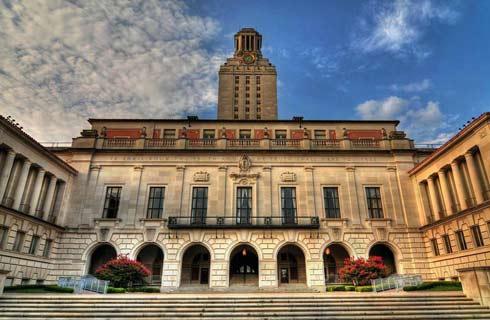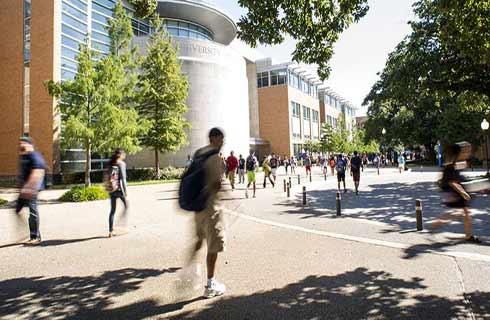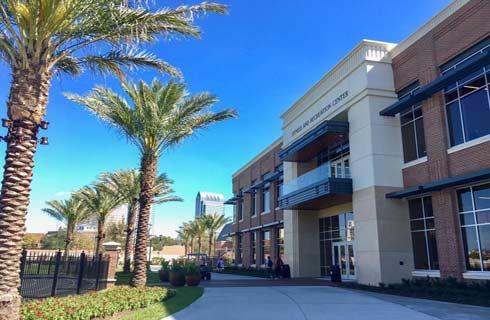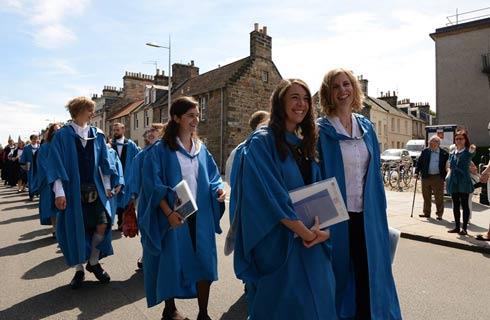国际学生入学条件
GSAS welcomes applications for admission from individuals who have or will have by the time of matriculation a BA, BS, or equivalent undergraduate degree (for prospective international students, a three- or four-year undergraduate degree from an institution of recognized standing) and actively seeks applicants from groups historically underrepresented in graduate schools.
Applicants who are non-native English speakers and who received their undergraduate degree from an academic institution where English is not the primary language of instruction must prove their English proficiency by earning either a minimum score of 80 on the Internet based test (iBT) of the Test of English as a Foreign Language (TOEFL) or a minimum score of 6.5 on the International English Language Testing System (IELTS) Academic test.
展开
IDP—雅思考试联合主办方

雅思考试总分
6.5
- 雅思总分:6.5
- 托福网考总分:80
- 托福笔试总分:160
- 其他语言考试:NA
CRICOS代码:
申请截止日期: 请与IDP联系 以获取详细信息。
课程简介
The PhD in Education combines advances in the social sciences, sciences, arts, and humanities with deep expertise in educational research, policy, and practice to train students for careers as academics, researchers, policymakers, and leaders who will improve educational outcomes in the United States and around the world. Candidates for the PhD in Education are affiliated with one of three concentrations: Culture, Institutions and Society, Education Policy and Program Evaluation, or Human Development, Learning and Teaching. The program's concentrations, curricular requirements, and milestones are structured to achieve four goals: to equip students with domain knowledge in education, to provide training in relevant disciplines, to ensure rigorous training in a range of research methods, and to promote the development of new research and knowledge with a transformative impact on education.<br><br>Students in the Culture, Institutions and Society (CIS) concentration conduct research on the broader cultural, institutional, organizational, and social contexts relevant to education across the lifespan. Students might examine how, why, where, and when cultural, institutional, and social factors shape educational processes and outcomes, as well as how educational change can transform these broader cultural, institutional, and social structures. Examinations of individual and collective agency, as well as broader structural perspectives, are both valued in CIS. Work within this concentration is informed by theories and methods from sociology, history, political science, and organizational behavior and management, as well as by related disciplines, such as philosophy and anthropology. Students may consider contexts as diverse as classrooms, families, neighborhoods, schools, colleges and universities, religious institutions, non-profits, government agencies, or other settings to study topics such as education reform, organizational decision-making and effectiveness, stratification and institutional inequality, racial identities, attitudes, and bias, systems for instructional improvement and student support, values and purposes of education, governance and leadership within institutions, and social movements and community action in education.
展开







 预科
预科 奖学金
奖学金 实习机会
实习机会 在校学习
在校学习 跨境学习
跨境学习 校园授课-线上开始
校园授课-线上开始 在线/远程学习
在线/远程学习














 劳伦森大学
劳伦森大学

 特伦特大学
特伦特大学

 特伦特大学
特伦特大学

 渥太华大学
渥太华大学

 渥太华大学
渥太华大学

 渥太华大学
渥太华大学









 美国
美国